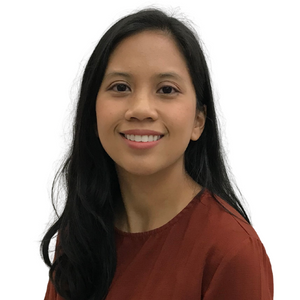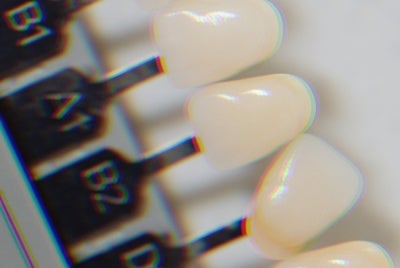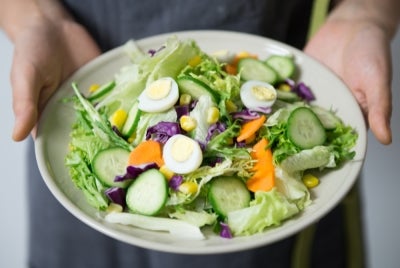Raising Dian, our firstborn with Down Syndrome
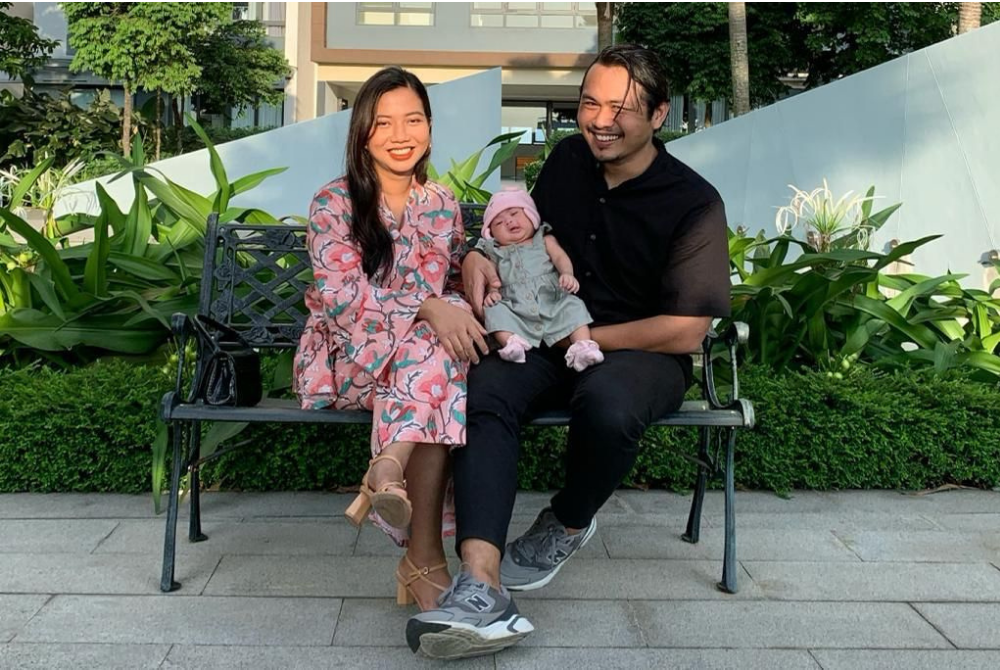
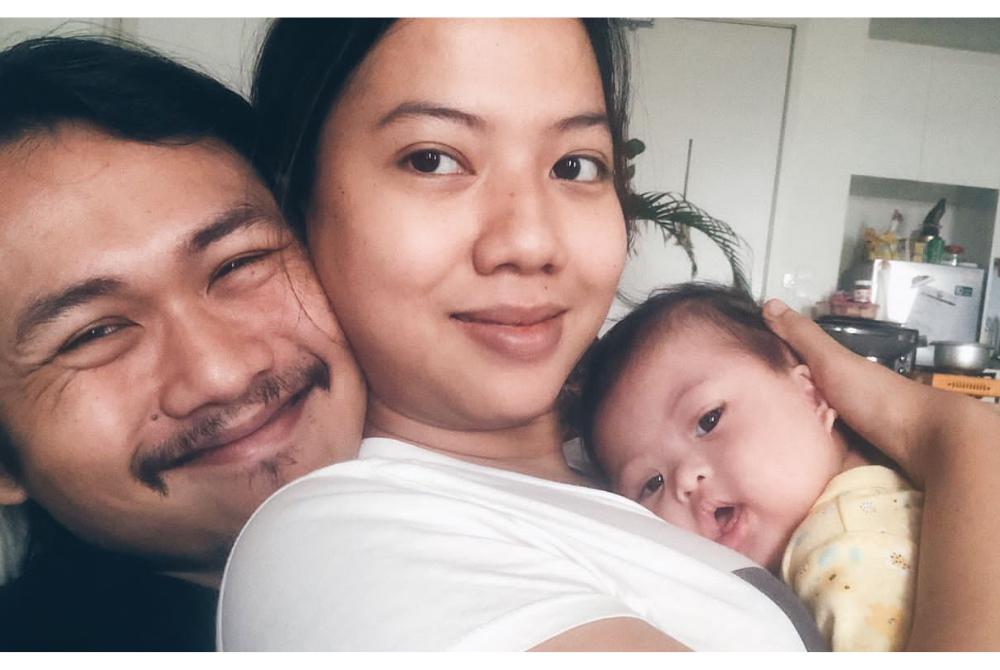
Sometimes, life turns out radically different than the plan we have set up for ourselves.
Nurul Atika Azmi, 30, was about 12 weeks along in her pregnancy when she and her husband Mohamad Amir Afiq Juri, 31 learned about the possibility of their baby being born with Down Syndrome.
The discovery was made through a Nuchal Translucency (NT) scan, which is an ultrasound scan that measures the baby’s nuchal translucency, a fluid-filled spaced behind the fetus’s neck.
“The doctor informed us there was a 20 per cent chance that our baby would have Down Syndrome,” said the couple in an interview with Sinar Daily.
The news definitely came as a shock for them, but what followed suit was a hard moment to swallow.
“The doctor had advised us to terminate the pregnancy, which was an incredibly hard moment to digest.
“That was definitely not on the cards for us, after all they said it was only a 20 per cent chance. We were determined to carry on with the pregnancy. Of course, we moved on to other clinics and doctors,” said Amir.
“Fast forward to the day our daughter was born, the doctor confirmed with us that she indeed has Down Syndrome,” he added.
Many different medical conditions are seen in babies with Down Syndrome such as congenital heart disease and this was the case for their daughter, who they named Dian Emara.
Due to this, Dian was directly admitted to the neonatal intensive care unit (NICU) for further observation.
“She was admitted for about a month in NICU. I would say that was one of the darkest, saddest and gloomiest period of our lives.
“But slowly, we regained our strength and learned to accept our fate. Throughout that one-month period, we prepared ourselves mentally on what the future would potentially hold for our daughter,” said the couple.
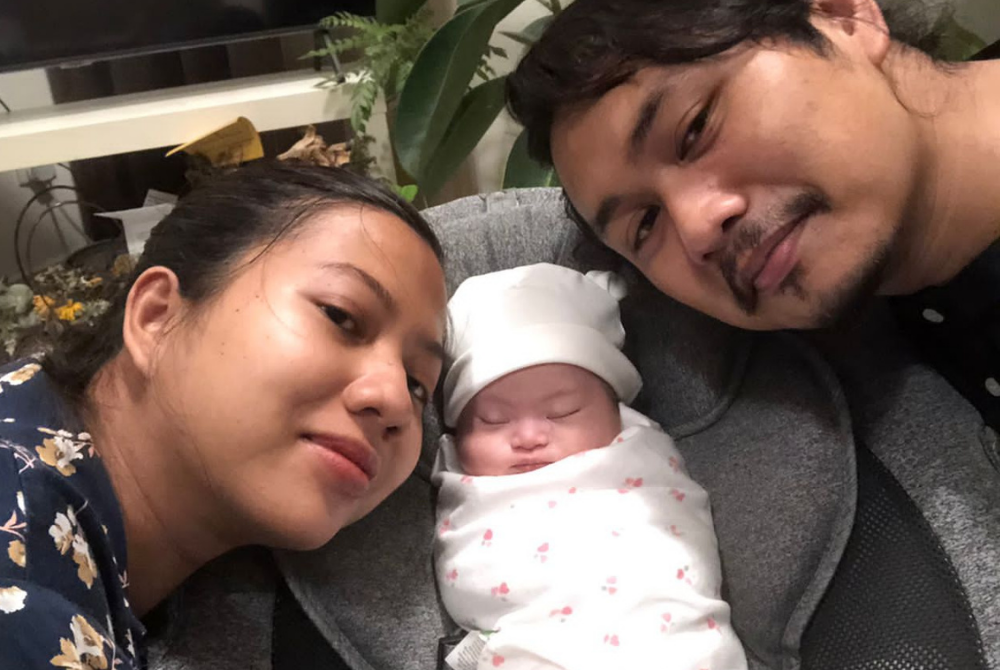
After a month in the NICU, Dian was discharged, however she was due for various check-ups that stretches beyond the usual vaccination appointments for infants.
“She has a lot of follow-ups with the hospital, such as physio therapy to check her limbs and muscles. We also brought her to get her hearing, and vision tested,” said Atika.
Babies with Down Syndrome, they need extra attention and extra care for physical and intellectual development, added Amir.
A YEAR ON
When a child is born with an extra chromosome, it leads to developmental delays in addition to other medical issues.
As for Dian who turned one recently, Amir said if compared to other children without Down Syndrome, her body frame is visibly smaller.
“She has yet to crawl and needs support to sit on her own so it will take some time for that, but we’re not worried as the doctor said she will catch up - only she requires a lot of therapy,” said Amir.
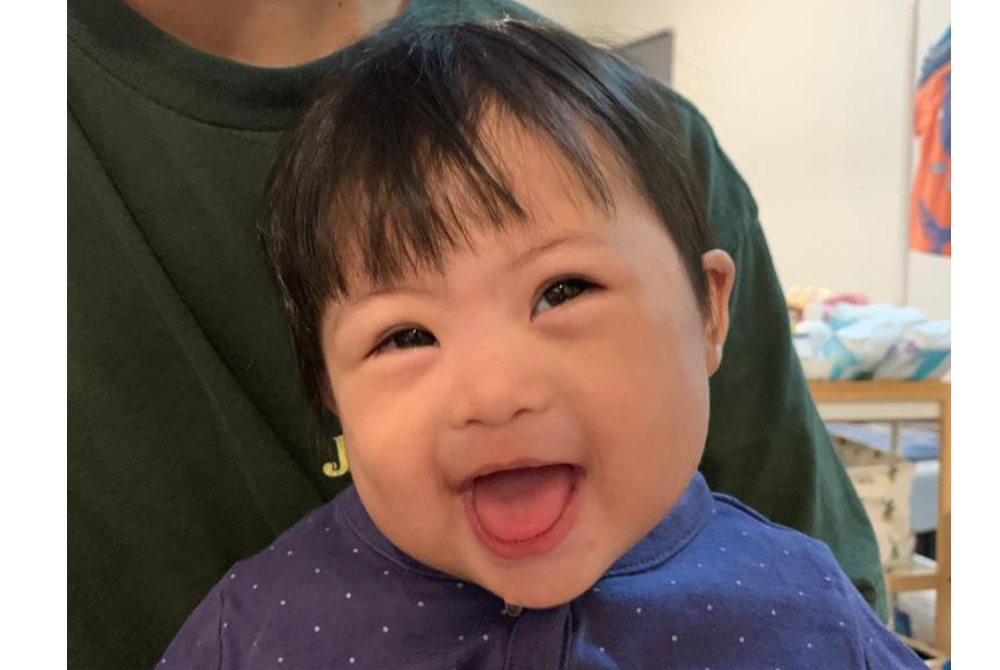
A year on of becoming parents to Dian, the couple shared how easy it is to care for her, gushing how friendly and playful she is around others.
The best part and the envy of all parents out there with young kids is her disciplined sleep routine which sees her going to bed at 8pm sharp, only waking up at 7am the next day.
“I’m hoping this will last for a while!” joked Amir.
WHAT THEY’VE LEARNED
In their efforts to learn more about Down Syndrome, Amir and Atika would often read up stories of people living with Down Syndrome abroad and how they are raised.
“People in the Western countries, Down Syndrome is much more normalised. I’ve read about people with Down Syndrome who are married with kids or have furthered their studies.
“In that sense, there is hope for Dian. I don’t want to have incredibly high hopes for her future, but I know that there is light at the end of the tunnel,” he said.
“It really goes to show that if you don’t limit their capabilities, they too can live as normally as others,” said Amir.
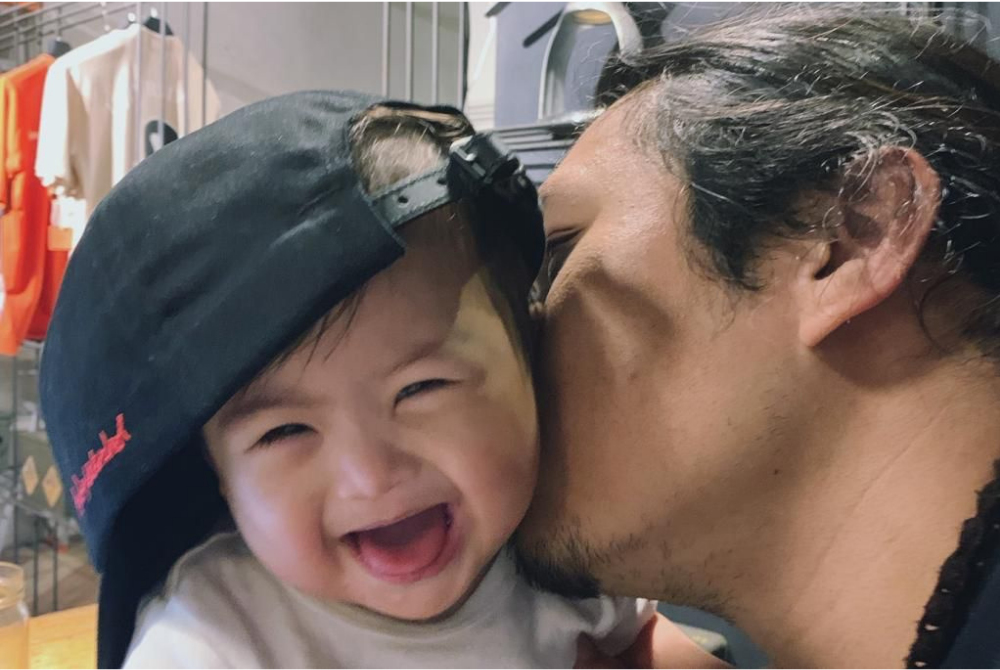
MESSAGE FOR DIAN
It’s a lifelong journey ahead for Amir and Atika. While the world can be a cruel place, and words from others can be hurtful, as parents, they will always be there for Dian.
“I just want her to know that everyone is different in their own way and that if people treat her differently – that’s okay. I want her to know that she is not in any way different. She’s unique. She’s special,” said Amir.
Download Sinar Daily application.Click Here!
